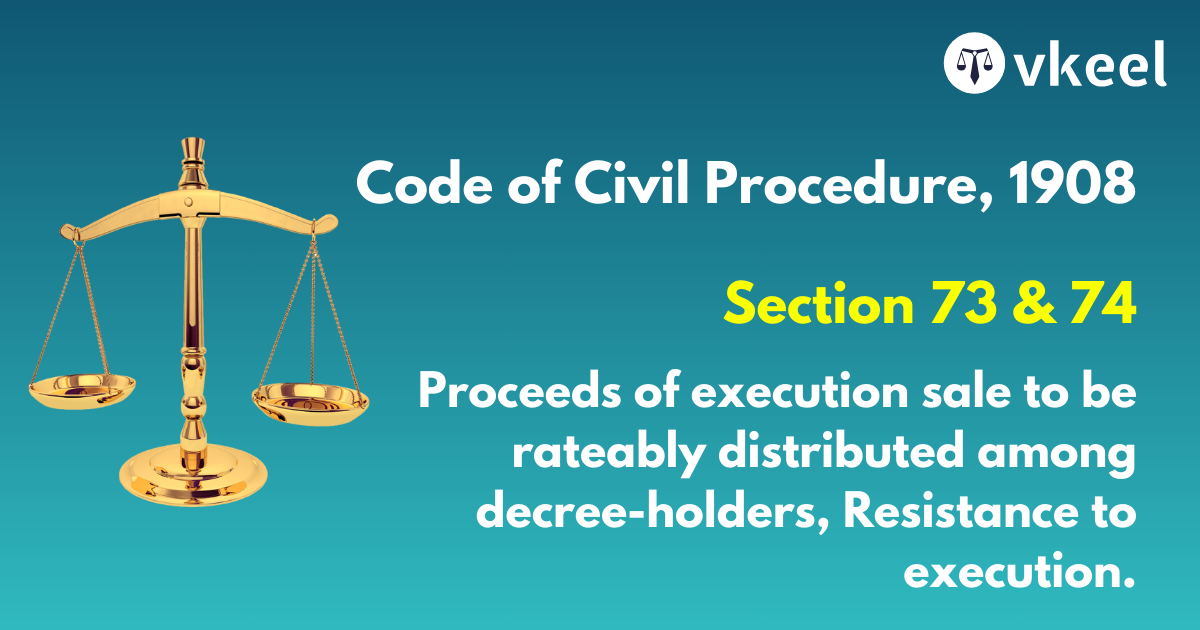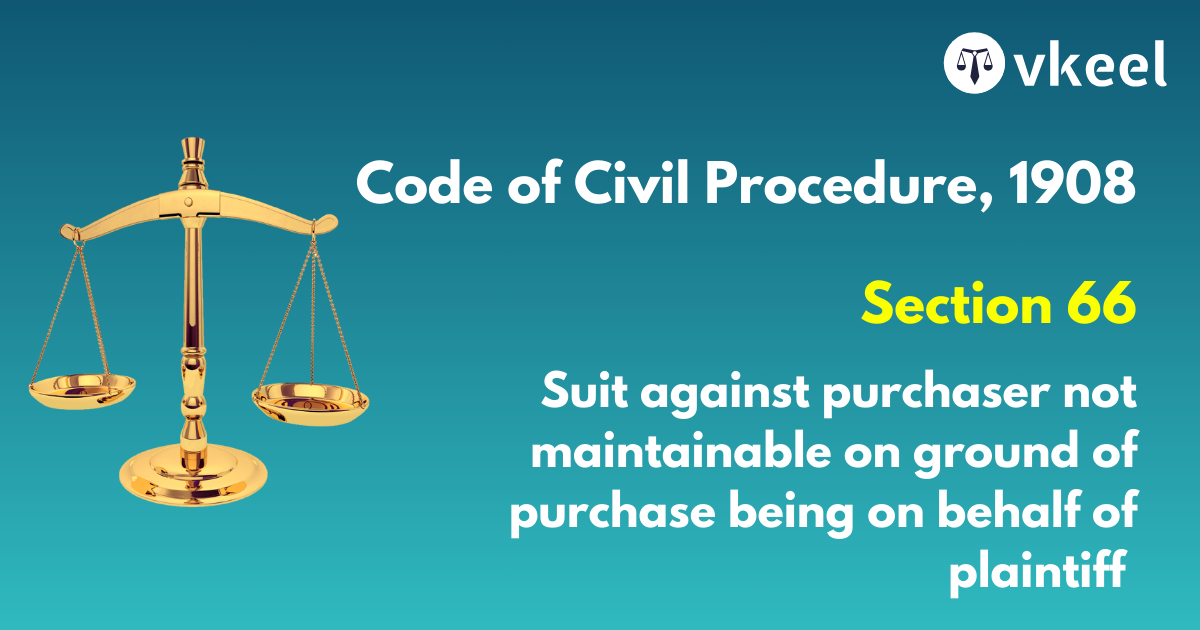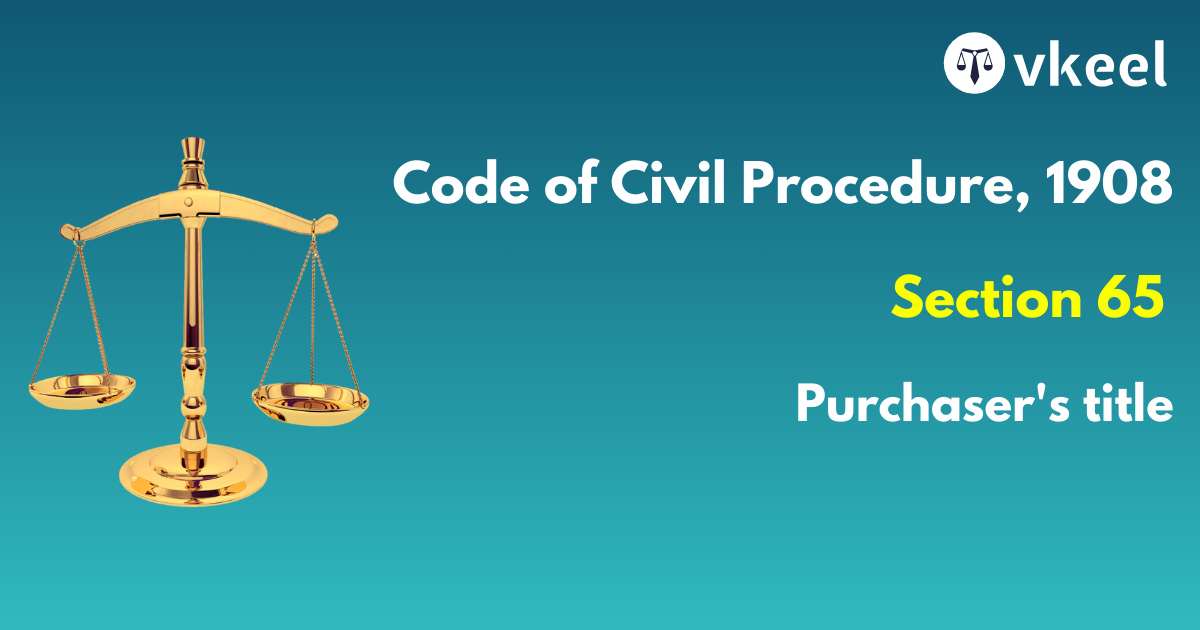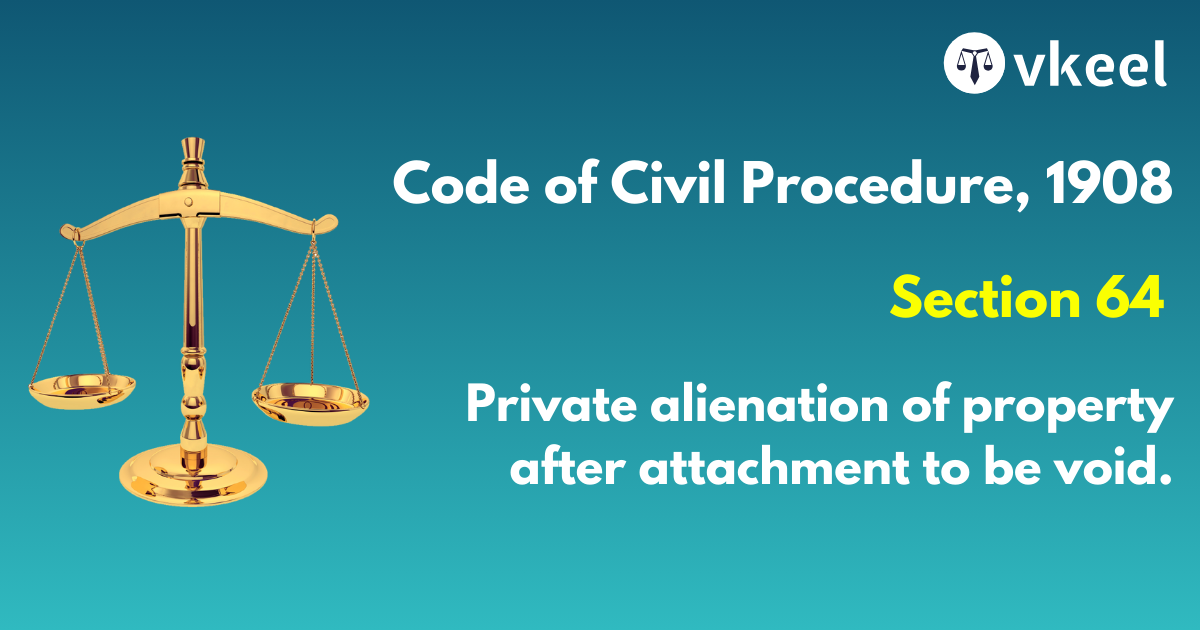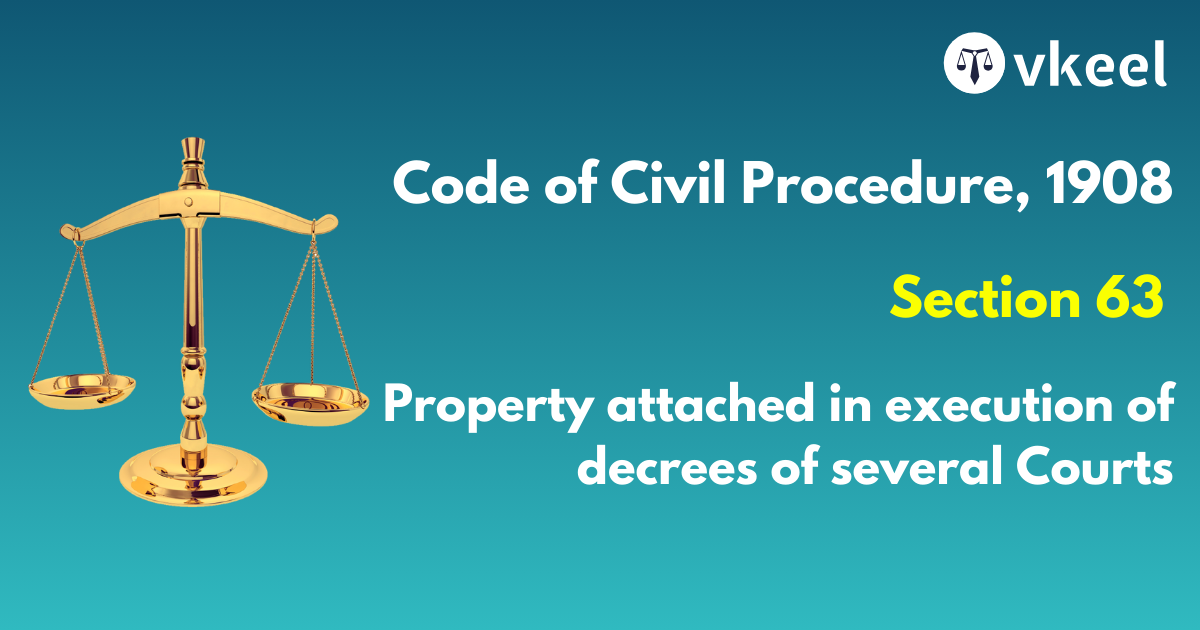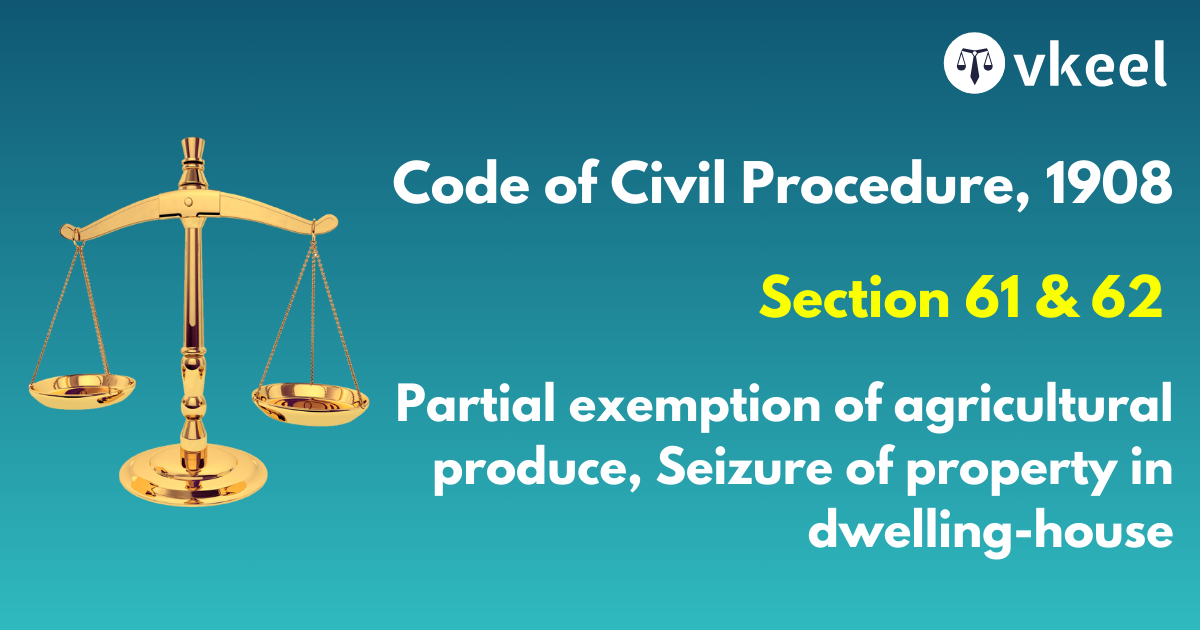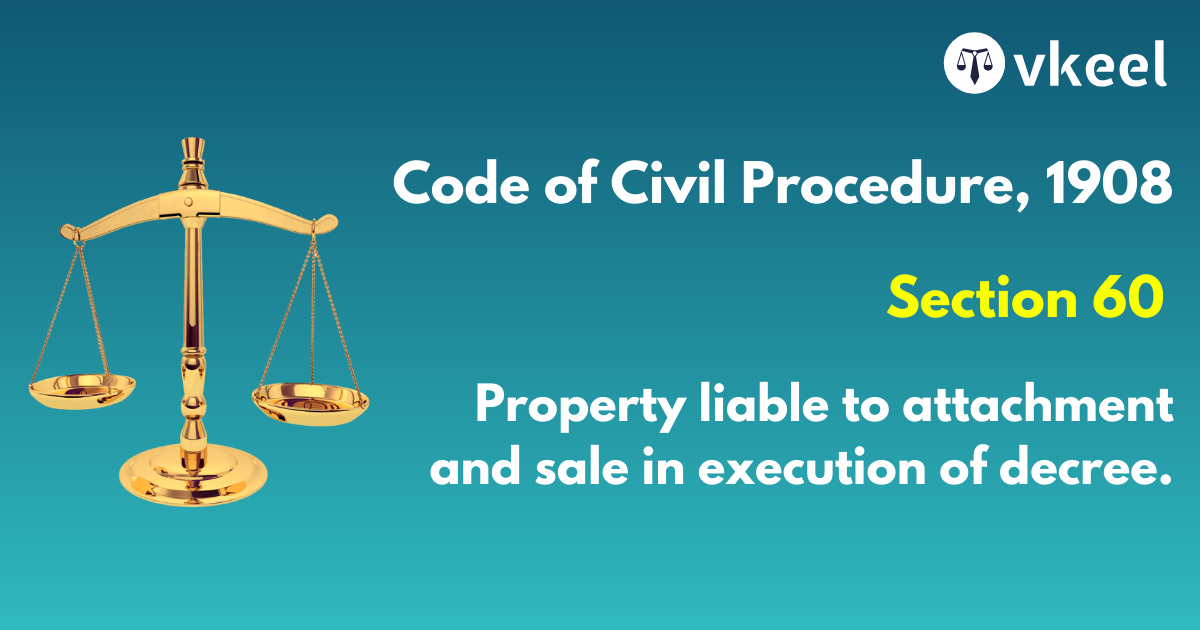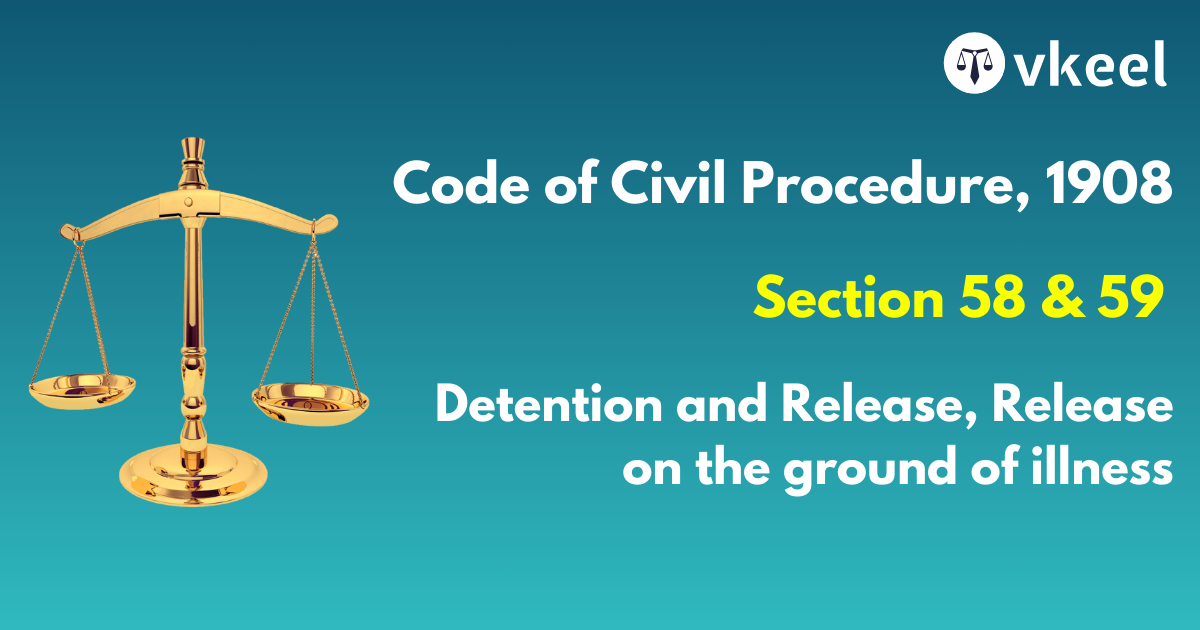Section 11 Code of Civil Procedure,1908 – Res judicata
By Joy Puri
Table of Contents
Introduction
The rule of res judicata was enumerated in the code with the intention of the legislature that nobody shall be vexed twice for the same cause and there should exist the finality of the decision in the country.
The rule of Res Judicata is not circumscribed within the matters alleged by one of the party and which are either denied or admitted on the part of the other party.
The fundamental principle of Res Judicata lies in the fact that it demarcates the question of Limine and thereby ousts the jurisdiction of the court to hear the matter. It takes its birth from the decision of the court of law.
Section 11 of the Code of Civil Procedure, 1908
11. Res judicata.—No Court shall try any suit or issue in which the matter directly and substantially in issue has been directly and substantially in issue in a former suit between the same parties, or between parties under whom they or any of them claim, litigating under the same title, in a Court competent to try such subsequent suit or the suit in which such issue has been subsequently raised, and has been heard and finally decided by such Court.
Explanation I.—The expression “former suit” shall denote a suit which has been decided prior to a suit in question whether or not it was instituted prior thereto.
Explanation II.—For the purposes of this section, the competence of a Court shall be determined irrespective of any provisions as to a right of appeal from the decision of such Court.
Explanation III.—The matter above referred to must in the former suit have been alleged by one party and either denied or admitted, expressly or impliedly, by the other.
Explanation IV.—Any matter which might and ought to have been made ground of defence or attack in such former suit shall be deemed to have been a matter directly and substantially in issue in such suit.
Explanation V.—Any relief claimed in the plaint, which is not expressly granted by the decree, shall for the purposes of this section, be deemed to have been refused.
Explanation VI.—Where persons litigate bona fide in respect of a public right or of a private right claimed in common for themselves and others, all persons interested in such right shall, for the purposes of this section, be deemed to claim under the persons so litigating .
Explanation VII.—The provisions of this section shall apply to a proceeding for the execution of a decree and references in this section to any suit, issue or former suit shall be construed as references, respectively, to a proceeding for the execution of the decree, question arising in such proceeding and a former proceeding for the execution of that decree.
Explanation VIII. —An issue heard and finally decided by a Court of limited jurisdiction, competent to decide such issue, shall operate as res judicata in a subsequent suit, notwithstanding that such Court of limited jurisdiction was not competent to try such subsequent suit or the suit in which such issue has been subsequently raised.
Landmark Cases
Sitaram Vs Amir Begum, 1886
Perhaps the shortest way to describe the difference between the plea and res judicata and estoppel, is to say that while the former prohibits the court from entering into an enquiry at all as to a matter already adjudicated upon, the latter prohibits a party, after the enquiry has already been entered upon, from proving anything which would contradict his own previous declaration or act to the prejudice of another party, who, relying upon those declaration or acts, has altered its position. In other words res judicata prohibits any inquiry of limine, whilst an estoppel is only a piece of judgement.
Vithal Yaswant Vs Sikandar Khan, 1963
Where the final decision in any matter at issue between the parties is passed by a Court on its decision on more than one point, each of which, by itself, would be sufficient for the ultimate decision, the decision on each of these points operates as res judicata between the parties.
Pawan Kumar Gupta v Rochiram Nagdeo, AIR 1999
If dismissal of the prior suit was on a ground affecting the maintainability of the suit any finding in the judgment adverse to the defendant would not operate as res judicata in a subsequent suit. But dismissal of the suit was on account of extinguishment of the cause of action or any other similar cause a decision made in the suit on a vital issue involved therein would operate as res judicata in a subsequent suit between the same parties. It is for the defendant to choose whether the judgment should be appealed against or not. If he does not choose to file the appeal he cannot thereby avert the bar of res judicata in the subsequent suit.
Shiromani Gurdwara Parbandhak Committee v Mahant Harnam Singh, 2003
The factual findings relating to the nature and character of the institutions, specifically found on an elaborate review of the governing legal principles as well, and which have reached finality cannot be re agitated and the same is precluded on the principle of “issue estoppel” also.
Bhanu Kumar Jain v Archana Kumar, 2005
Res judicata debars a Court from exercising its jurisdiction to determine the lis if it has attained finality between the parties whereas the doctrine issue estoppel is invoked against the party. If such an issue is decided against him, he would be estopped from raising the same in the latter proceeding. The doctrine of res judicata creates a different kind of estoppel viz. Estopper By Accord.
Kalawati Kotla v Shokilal, 2013
The issue of res judicata had to be first raised by the parties in their pleading to enable the Court to frame issues provided parties file the copy of plaint, written statement and judgment deciding such issue.
Conclusion
The principle of res judicata therefore provides the society with the fulfillment of judicial efficiency. It further boosts the finality and the certainty of the judicial pronouncements and saving the time and resources of the courts of law.
Disclaimer:
The information provided in the article is for general informational purposes only, and is not intended to constitute legal advice or to be relied upon as a substitute for legal advice. Furthermore, any information contained in the article is not guaranteed to be current, complete or accurate. If you require legal advice or representation, you should contact an attorney or law firm directly. We are not responsible for any damages resulting from any reliance on the content of this website.



